Women and Girls Are Still Being Impacted by the COVID-19 Pandemic: How You Can Give Hope This Holiday Season
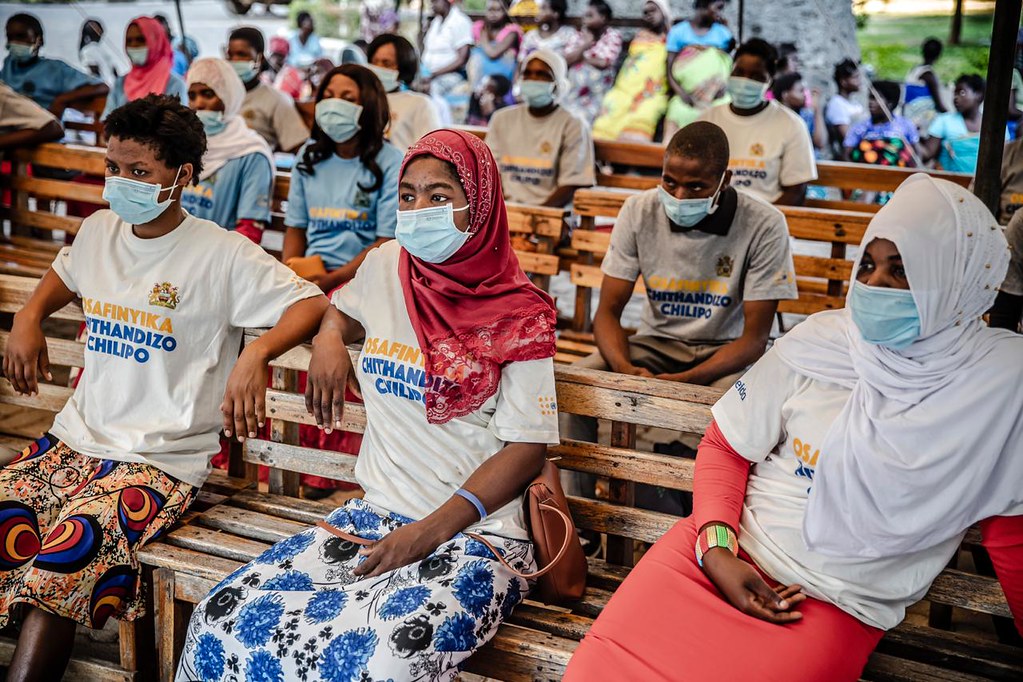
We’re coming into the second winter of the COVID-19 pandemic and, despite some uncertainty with breakthrough cases and the new Omicron variant, things are looking up.
The majority of Americans, including kids, have been vaccinated. You may have even received a booster shot. Drugs to treat COVID-19, in addition to preventing it like vaccines do, are expected to be available soon. And, experts are beginning to think that COVID will become endemic, like the flu.
Tragically, this is not the case everywhere.
Health Facilities are Beyond Capacity
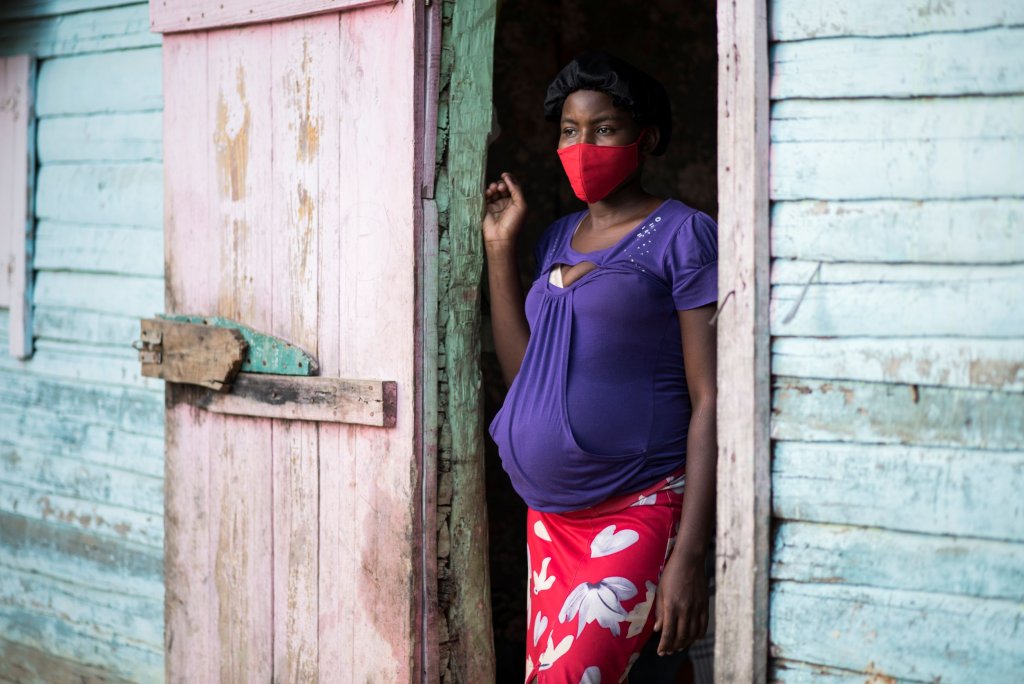
For example, as of November 11, just 4 percent of Africans had been fully vaccinated. This is far below the World Health Organization’s goal of each country reaching a vaccination rate of 40 percent by the end of 2021. The pandemic has overwhelmed hospitals in Tunisia, South Africa, and Senegal. Without more vaccines, they will continue to operate beyond their capacity.
Health care workers have been operating in a state of emergency for years now. As this crisis continues, more health care workers, especially nurses and midwives, are at risk of burning out.
Midwives are of particular importance because they hold the potential to save millions of lives. But right now, the world faces a dangerous shortage of these essential workers.
We are working to address the midwife shortage by training, equipping, and deploying midwives to where they are needed most. Your donation today will reach women and girls in 155 countries, including in rural Afghan villages, in migrant towns on the borders of Venezuela, and in Bangladesh during monsoon season.
The Health Care Worker Shortage Continues to Put Women and Girls at Risk
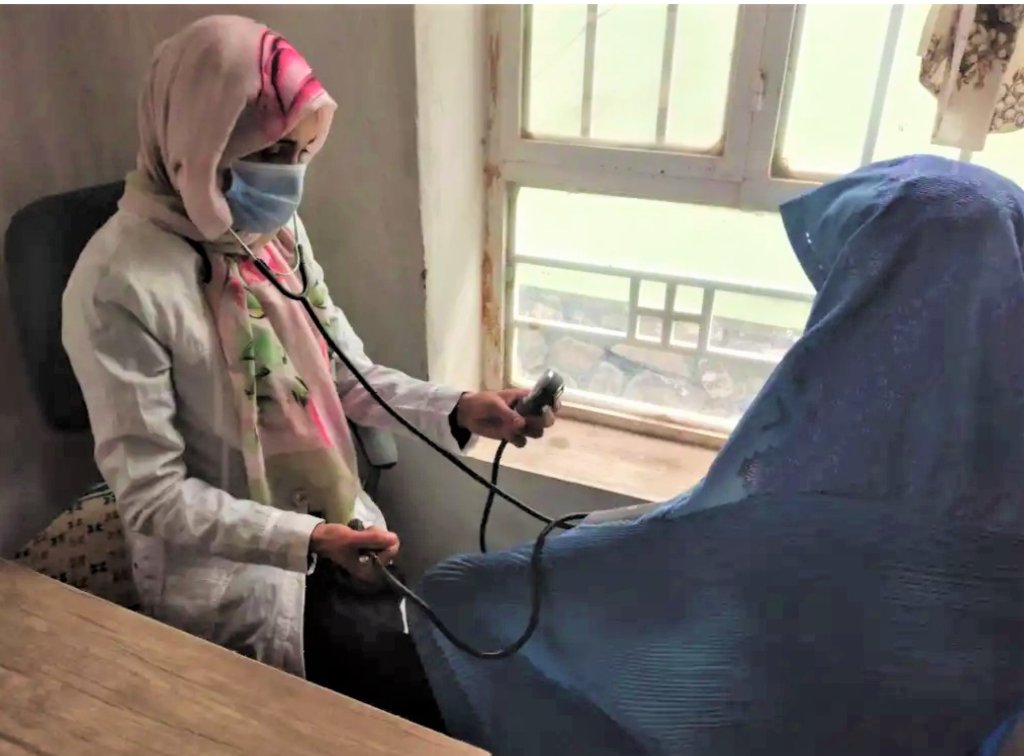
There is already a shortage of health care workers and the WHO predicts this shortfall could grow to 18 million missing health care workers by 2030.
Half of the missing health care workers are nurses and midwives, and the need is concentrated in low- and middle-income countries. These are the same countries where women and girls are most likely to die during pregnancy and childbirth. The health care shortage only puts them more at risk.
The vast majority—70 percent—of these workers are women, and the pandemic has created additional burdens. The workloads of women in health care have increased, as has their work at home, including schooling, cooking, cleaning, and caretaking. At the same time, the pandemic has left women more vulnerable to gender-based violence and less able to get the help they need.
Throughout the COVID-19 pandemic, UNFPA has played a critical role in strengthening supply chains and health systems. We train health care workers on infection prevention measures and equip them with personal protective equipment.
But, we need your help to continue caring for health care workers, so they can care for women and girls. Donate today.
Women Are Afraid of Seeking Care
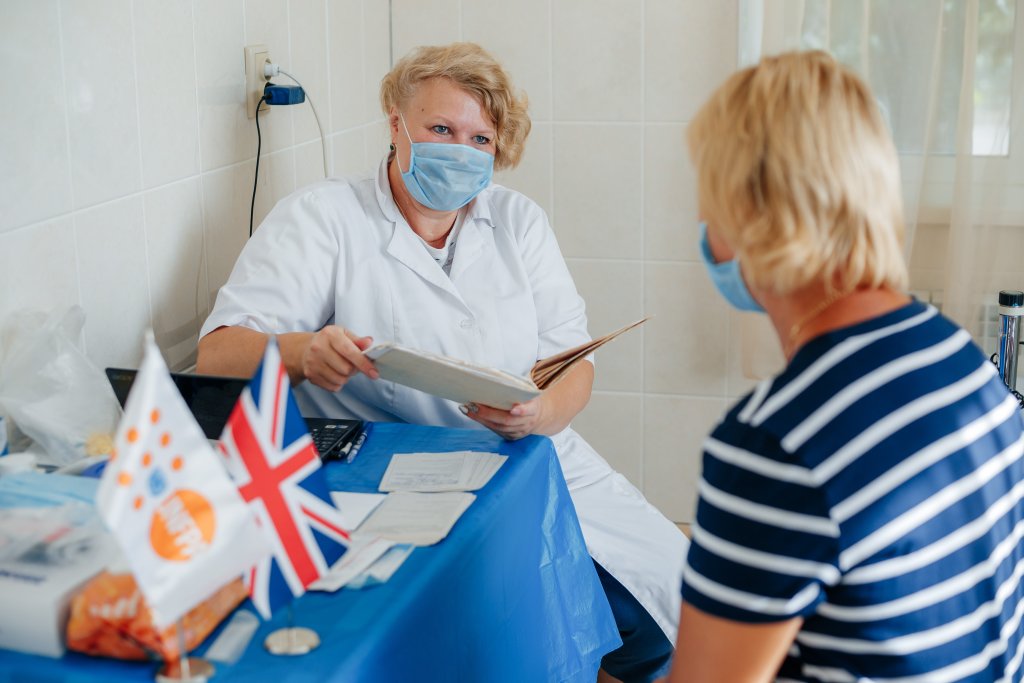
Lockdowns, greater workloads at home, and fears of infection have kept many women from getting the care they need.
During lockdown, women and girls of all ages were trapped with their abusers. In some countries, this led to a fivefold increase in calls for help. Disruptions in contraception supply chains left 12 million women vulnerable to unintended pregnancy. 1.4 million of those women became pregnant as a result. Pregnant women around the world delayed or avoided critical prenatal and safe delivery care because they were afraid of becoming infected with COVID-19 at a health facility. This contributed to global increases in maternal death, maternal depression, and stillbirths.
UNFPA provides each pregnant women in crisis settings with an emergency birth kit, so they can safely give birth, even when a midwife is unavailable. For just $5, you can save two lives: the life of a mother and her baby.
Being There for Phu Tu Nee
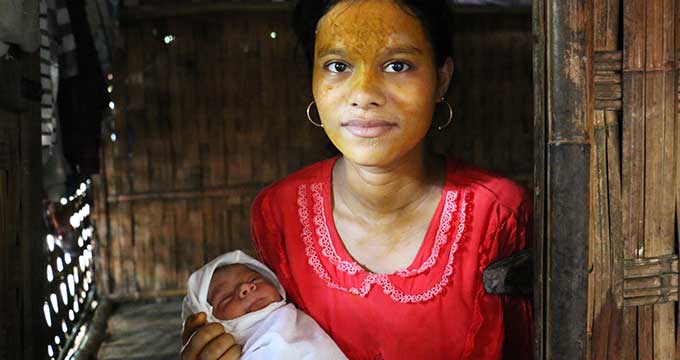
Phu Tu Nee is one of over 300,000 “forgotten” Rohingya living in Myanmar under severe restrictions and she was pregnant during the pandemic. The limitations on movement have made it hard for her to access the prenatal care, food, and medicine she needed for a healthy pregnancy.
The only service Phu Tu Nee had access to was a UNFPA mobile clinic that passed through her village once a week. During the monsoon season, however, the clinic often had trouble traveling through storms. As fate would have it, Phu Tu Nee went into labor during a monsoon. It was impossible for her to reach a health facility or for the mobile clinic to reach her.
Luckily, before the crisis, UNFPA staff had given her an emergency birth kit, which contains the essentials for safe birth including sterile gloves, soap, a razor blade, and a blanket. Phu Tu Nee used the kit to safely deliver her first child, a baby boy.
UNFPA Ensures that Women and Girls Have the Care They Need, Even During Crises Like the COVID-19 Pandemic
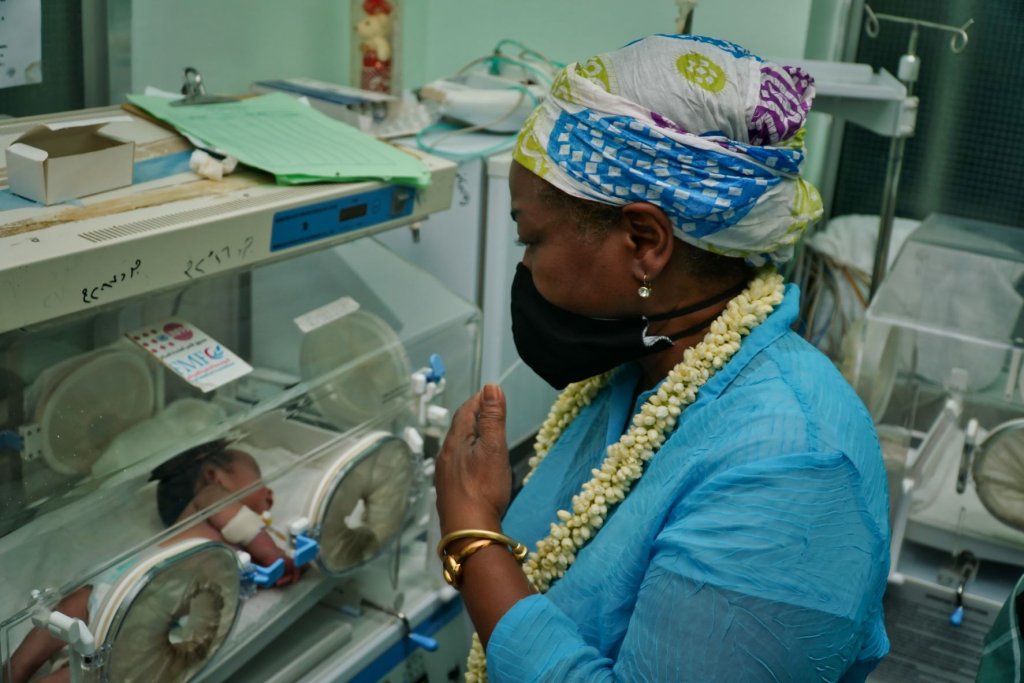
Thanks to your support, we have made sure that women and girls have not been forgotten during the COVID-19 pandemic.
You provided 2.6 million survivors of gender-based violence, including child marriage, with care. You ensured 1.3 million women in humanitarian crises survived childbirth. And, you helped 14.4 million women access the contraceptive care they needed to prevent unintended pregnancy. When women and girls are healthy, safe, and empowered to reach their fullest potential, their families and communities are stronger.
COVID-19 continues to threaten the health of women and girls around the world. We need your help to ensure that no one is without the lifesaving care they need. A donation of just $5 can provide an emergency birth kit and save the life of a mother and her baby in crisis. Last year, USA for UNFPA supporters reached 400,000 women with lifesaving emergency birth kits.